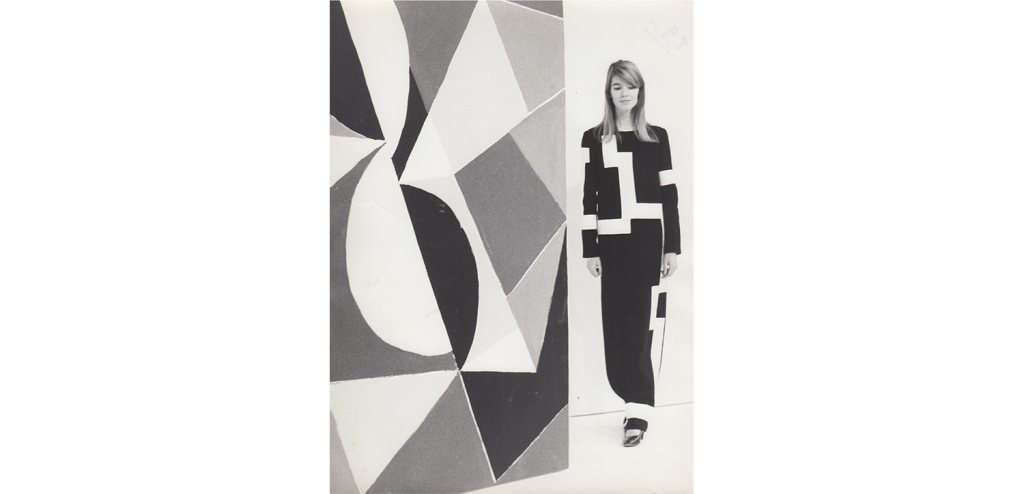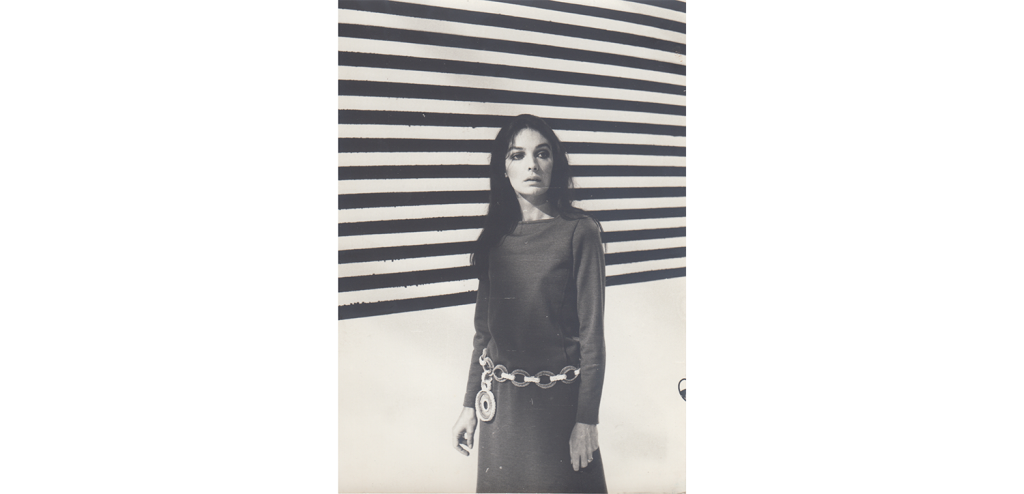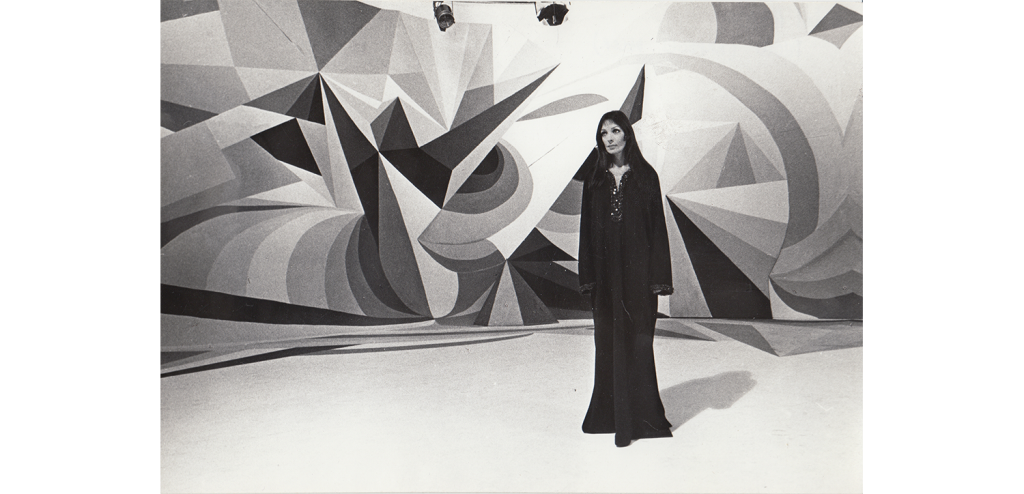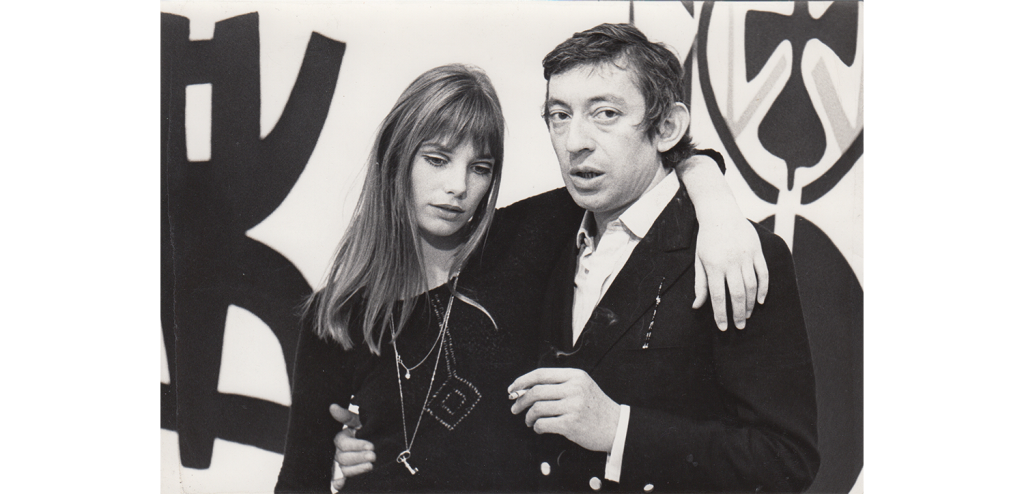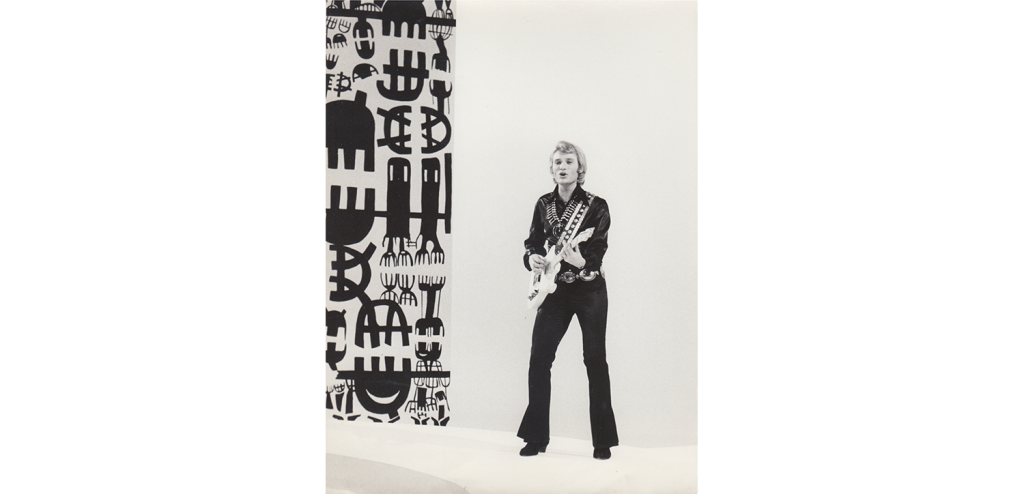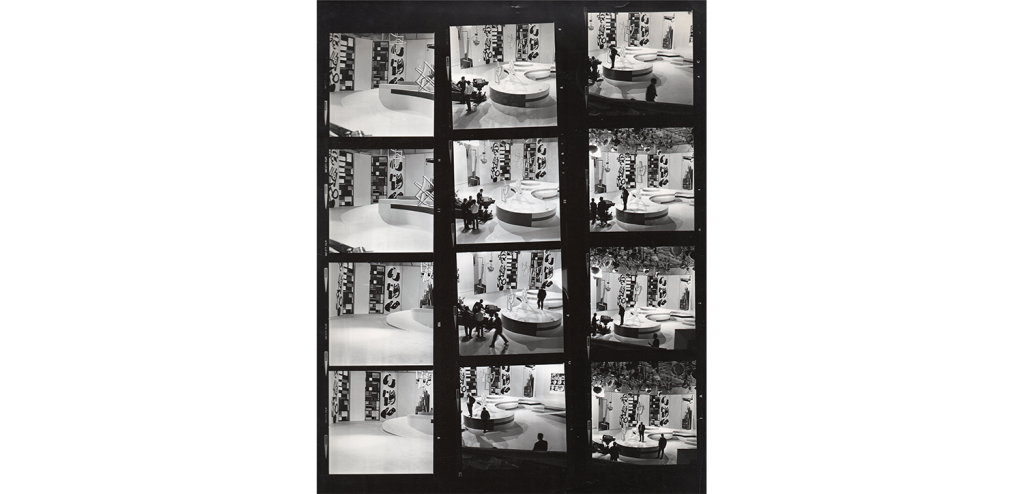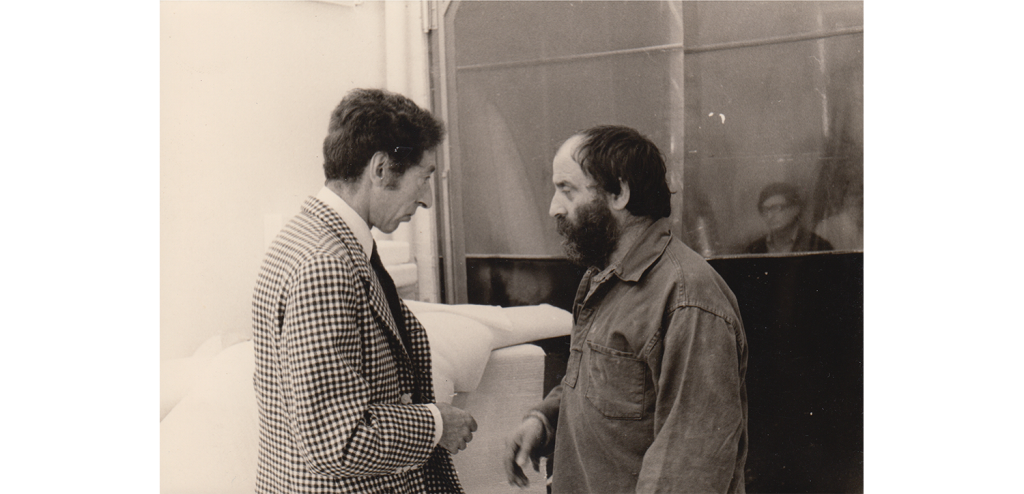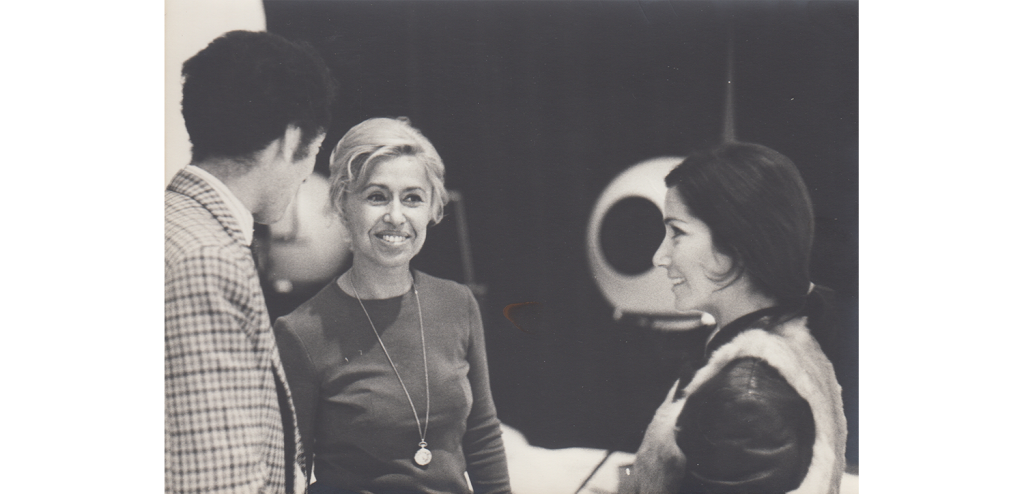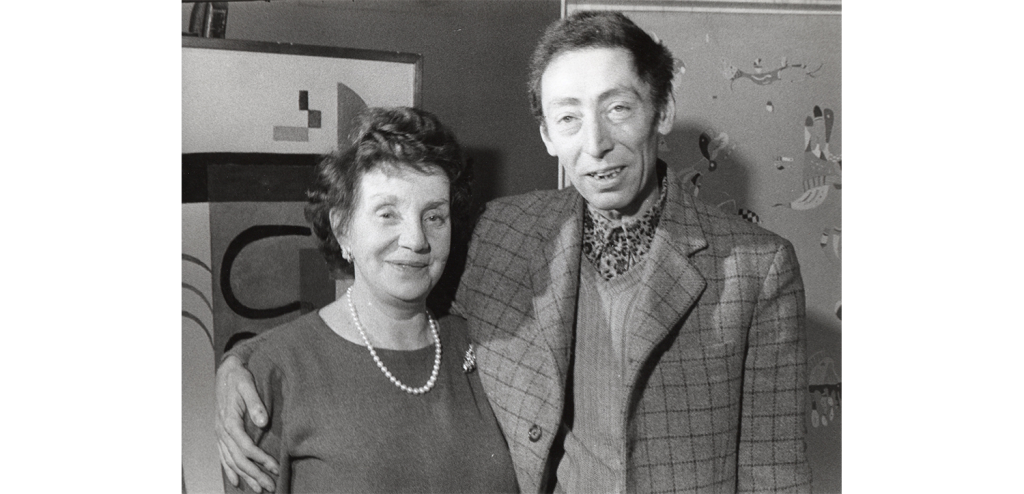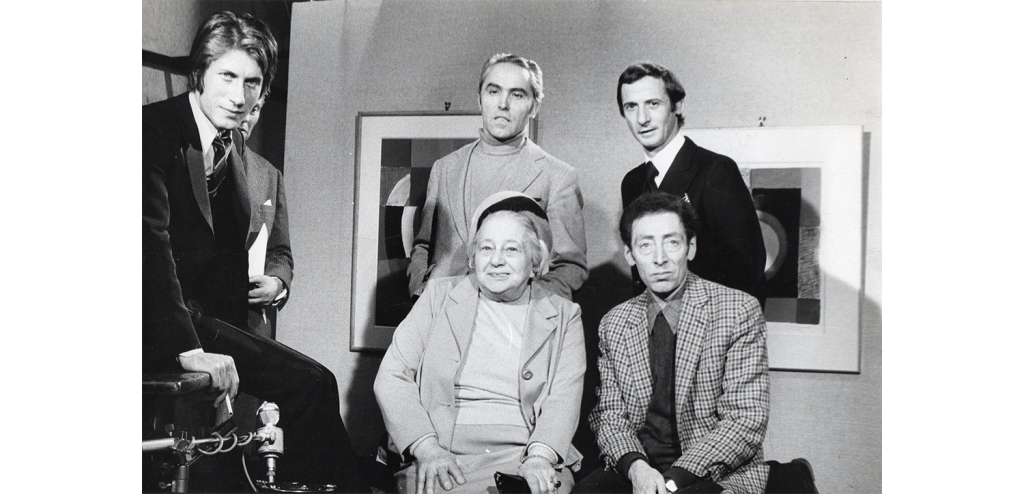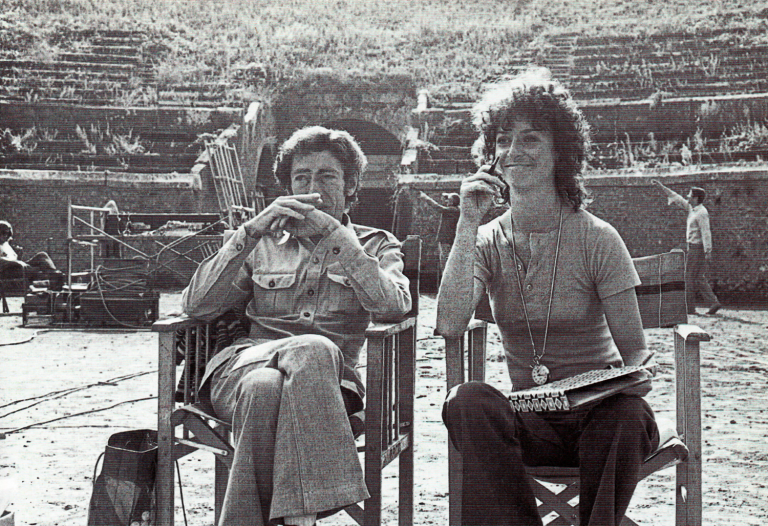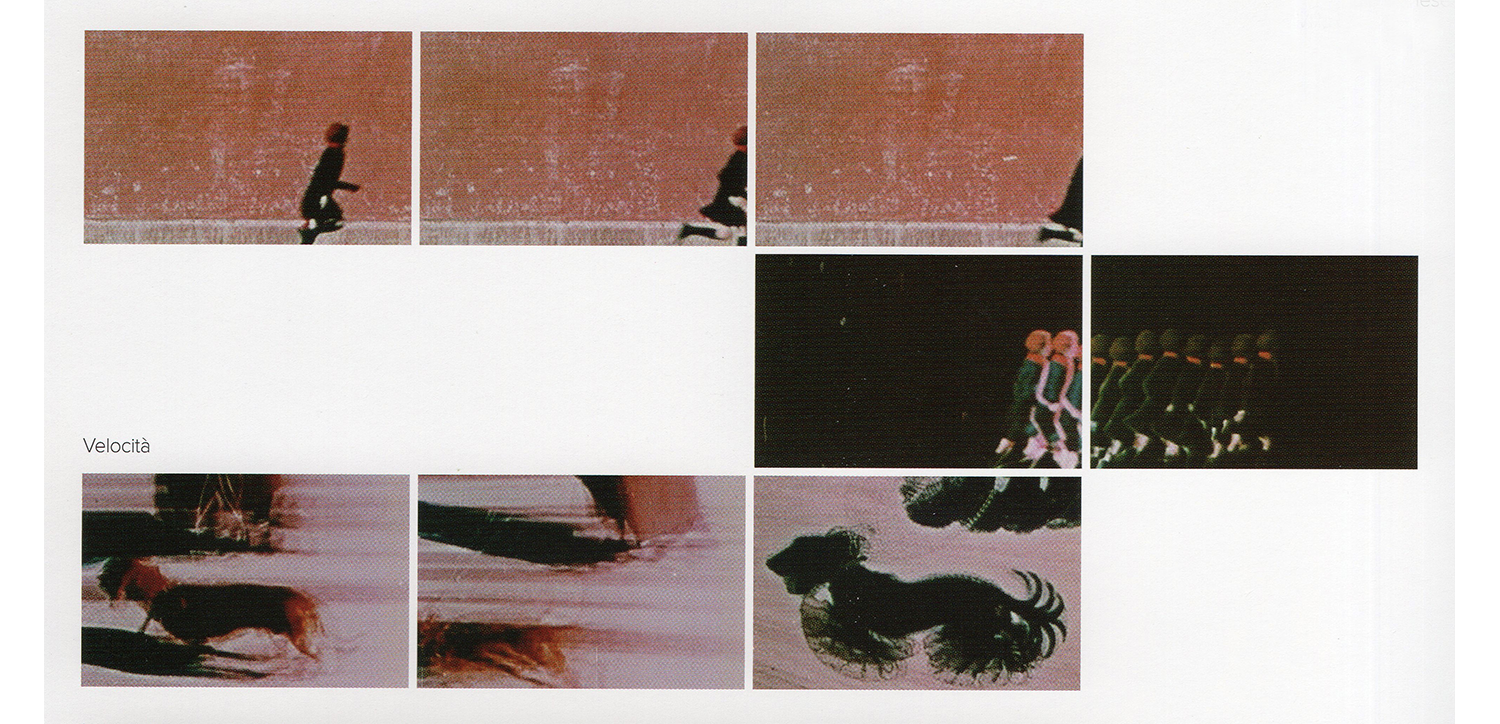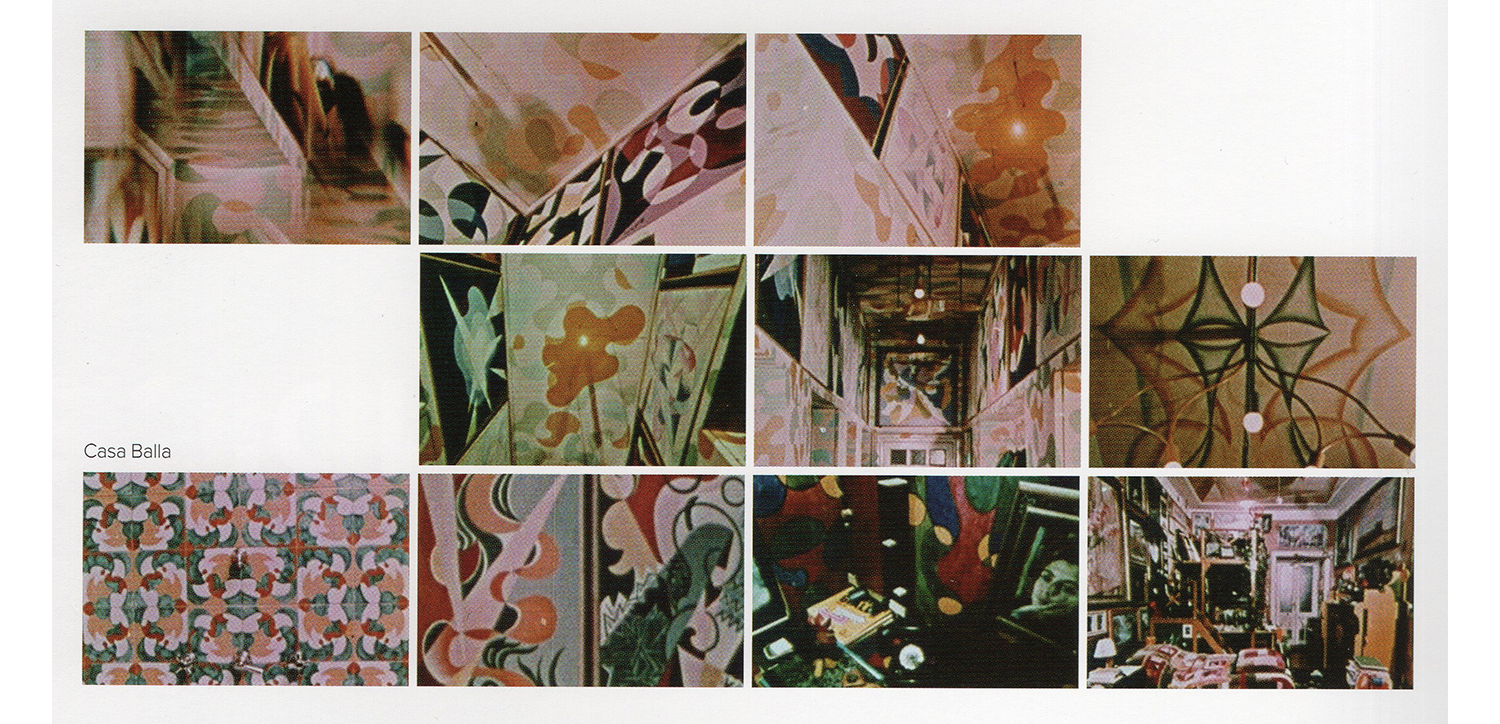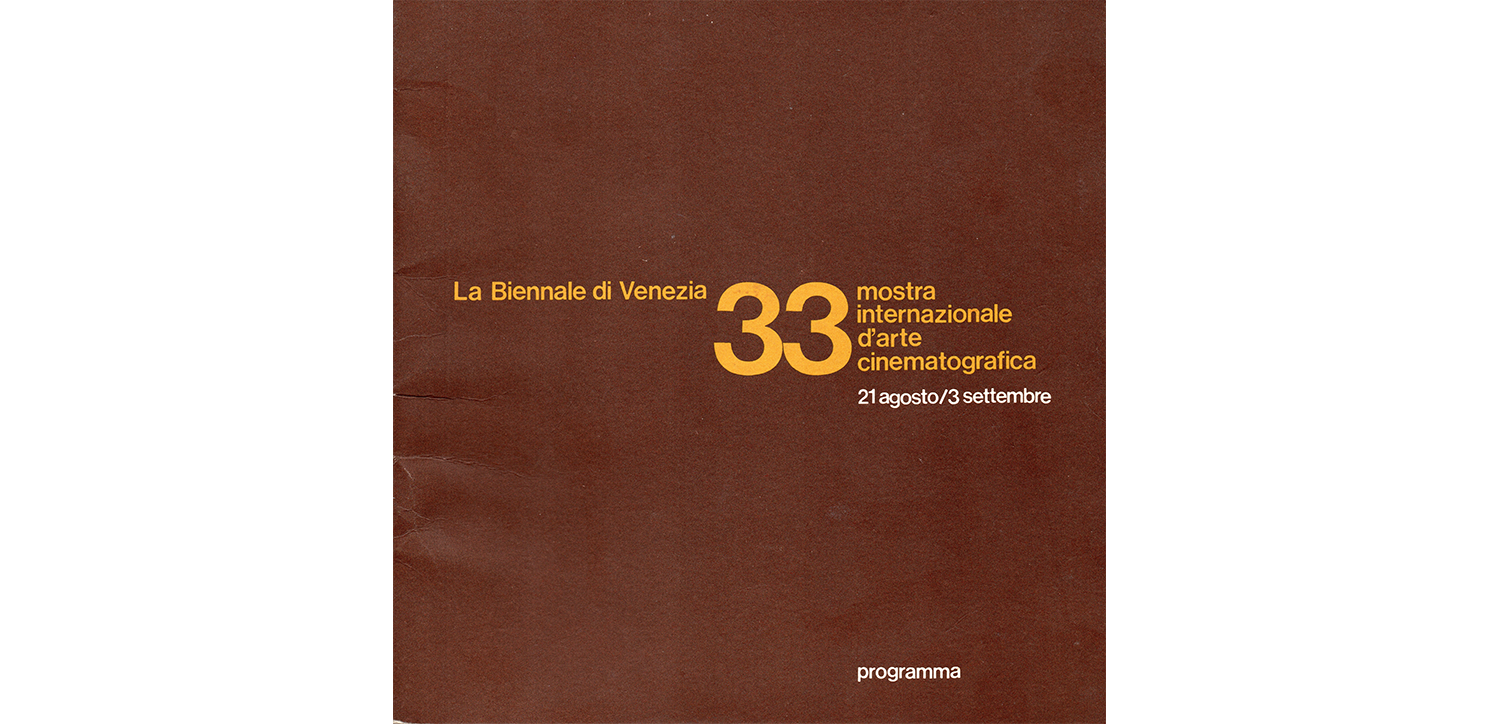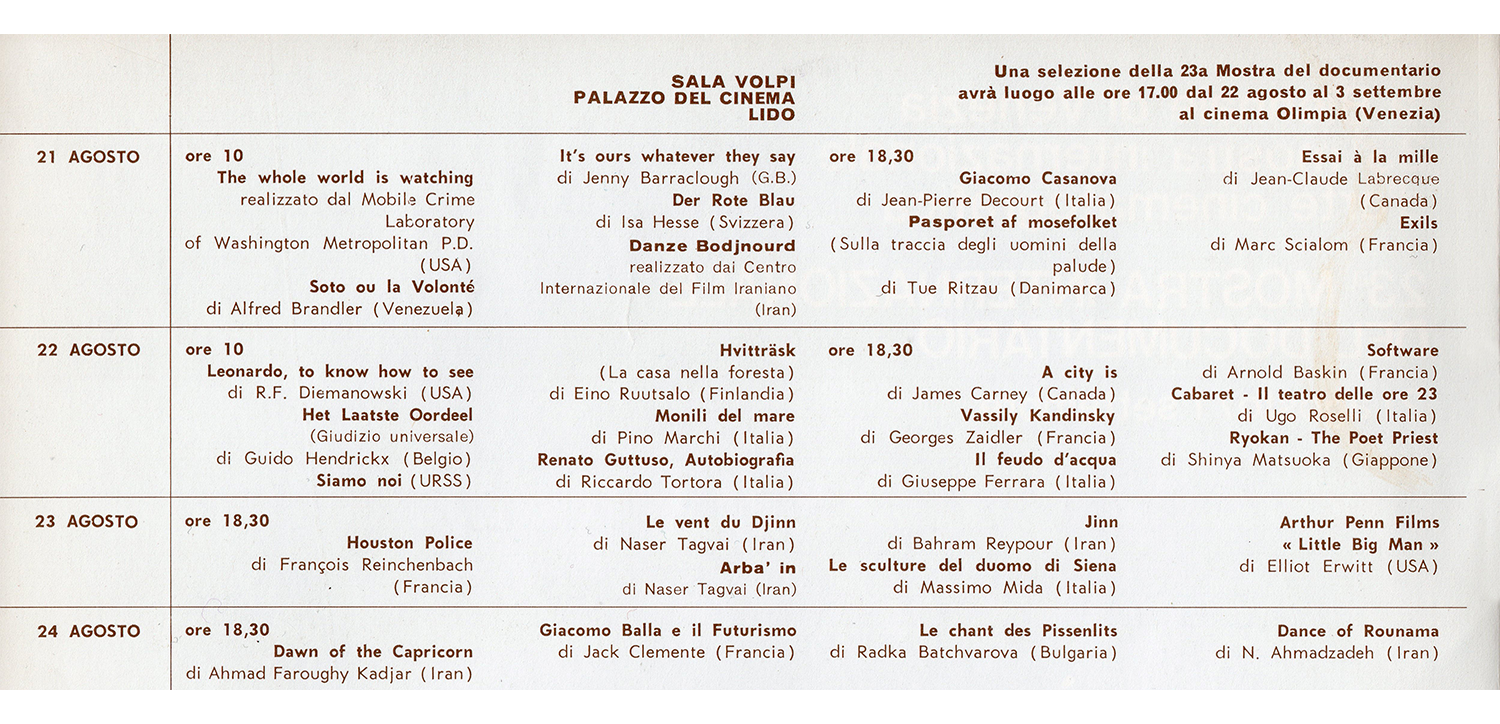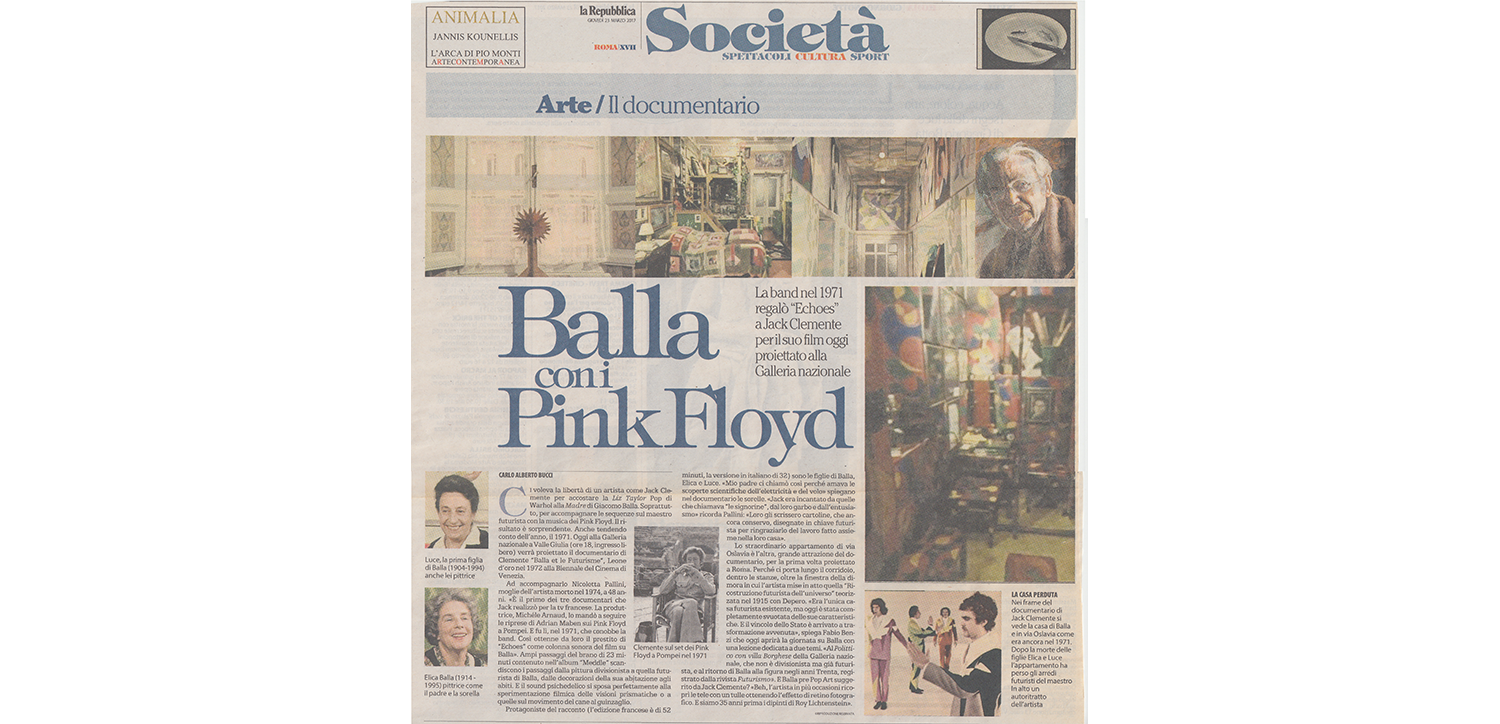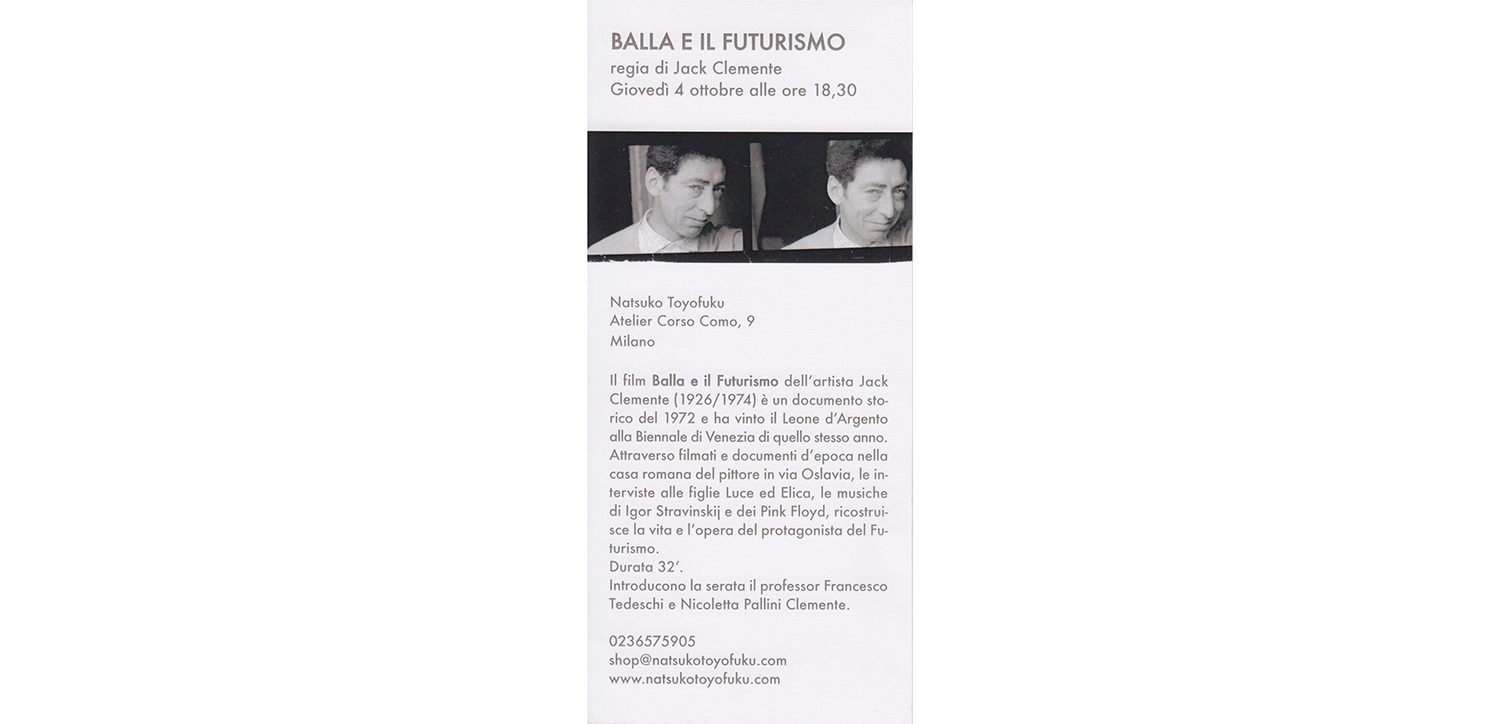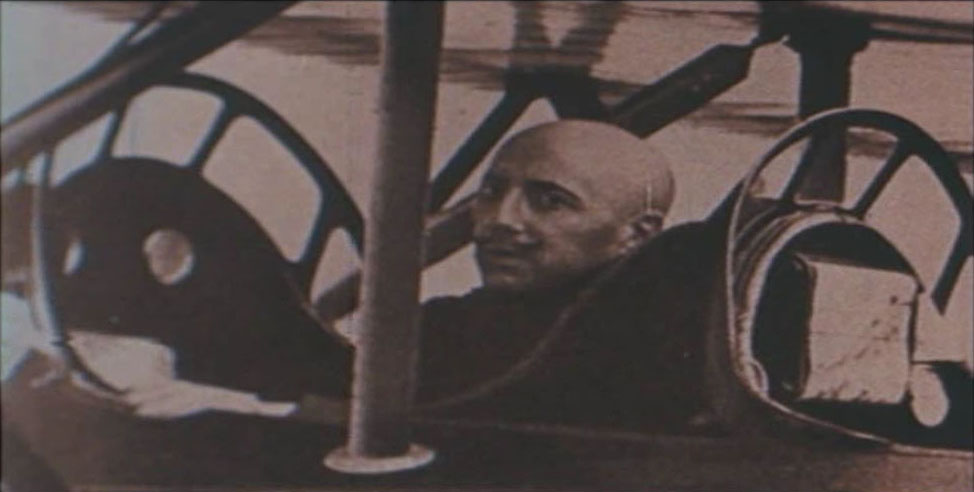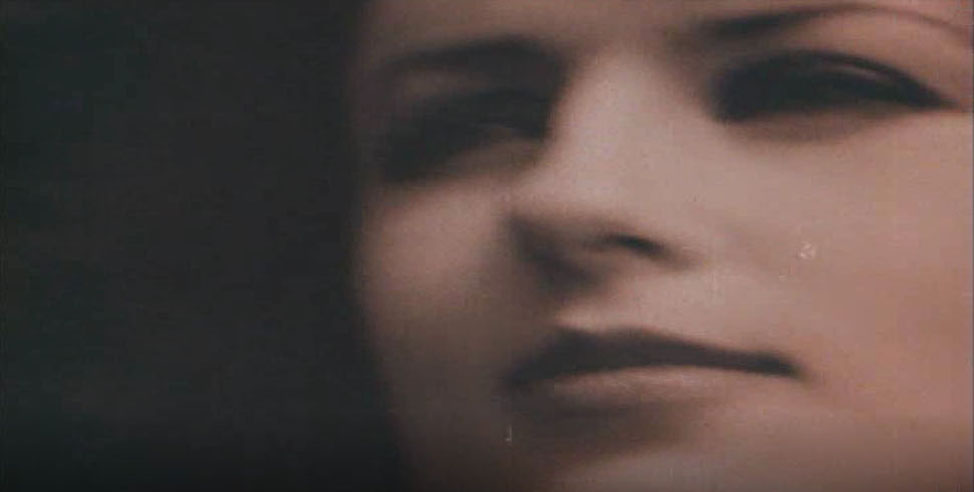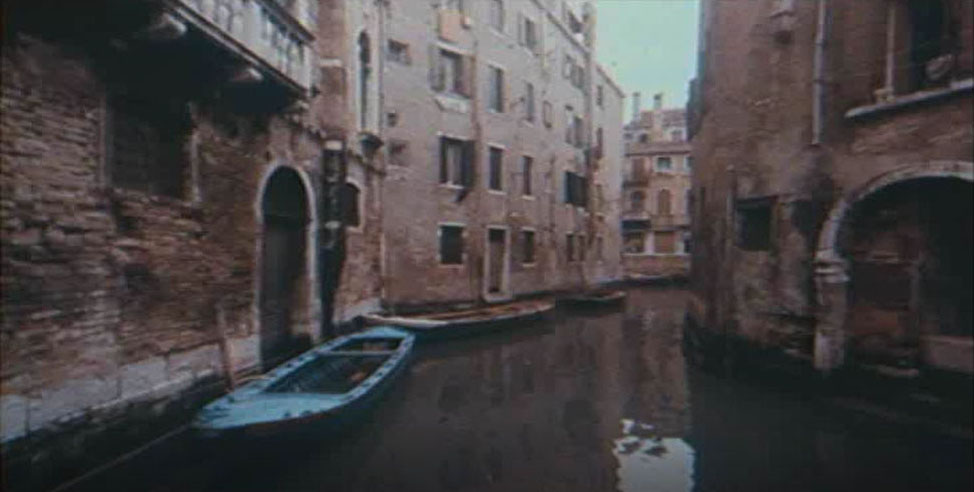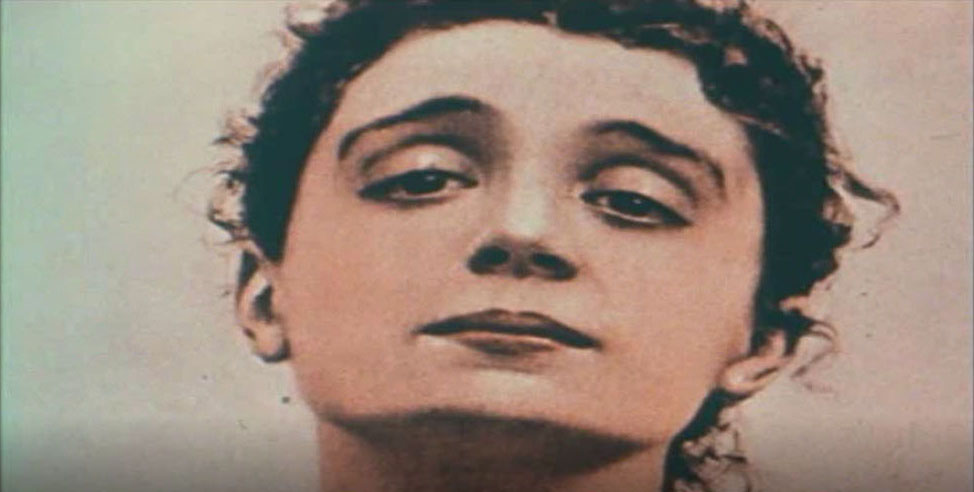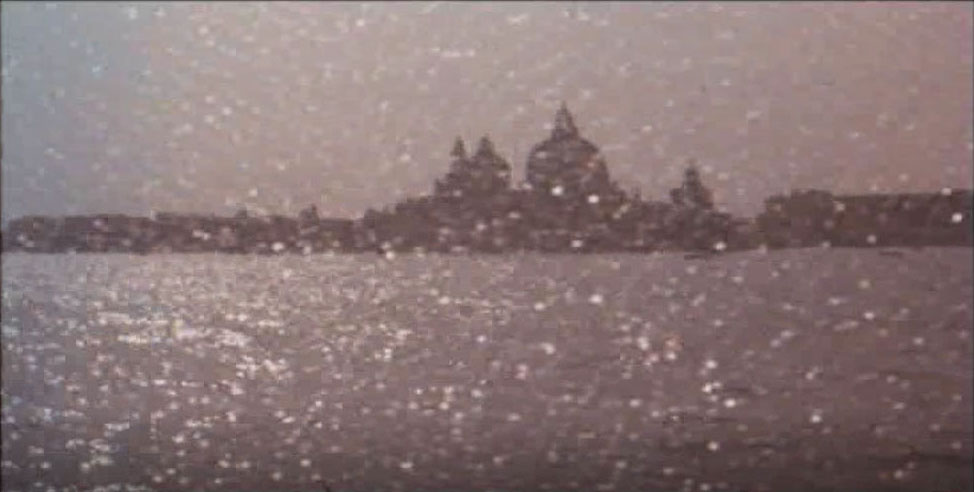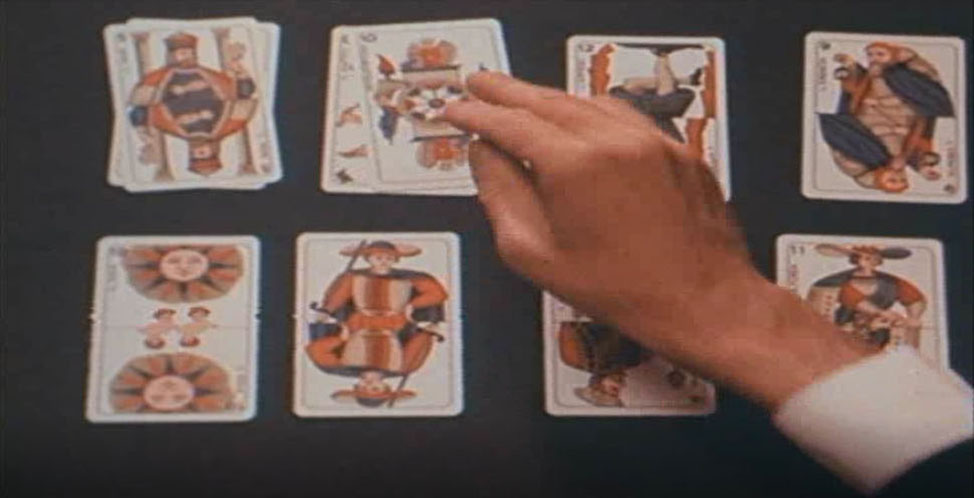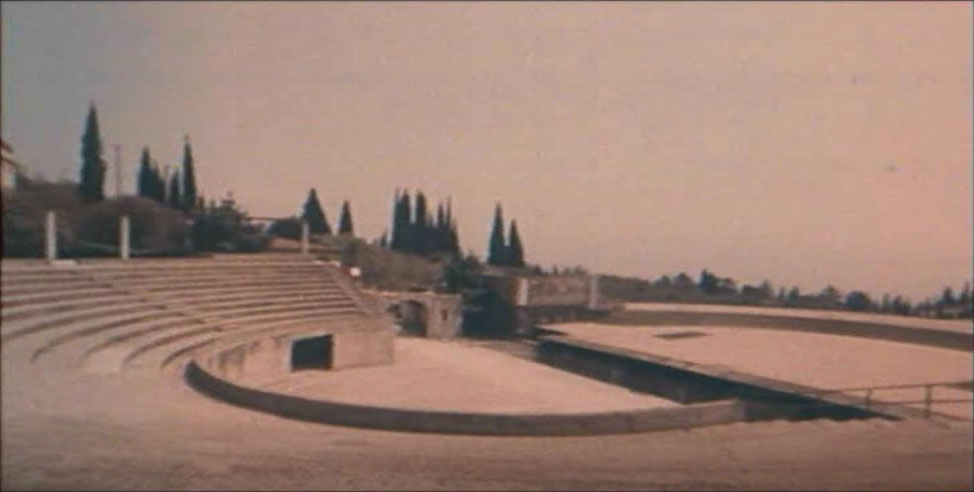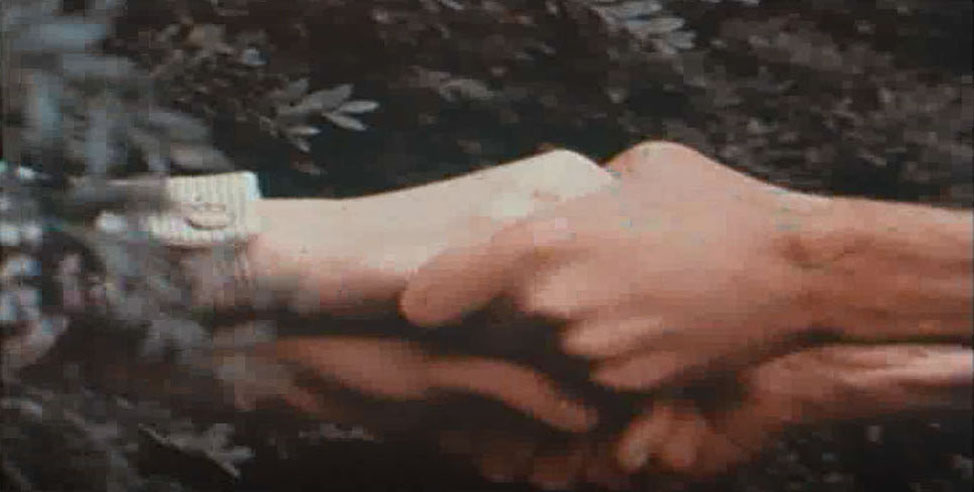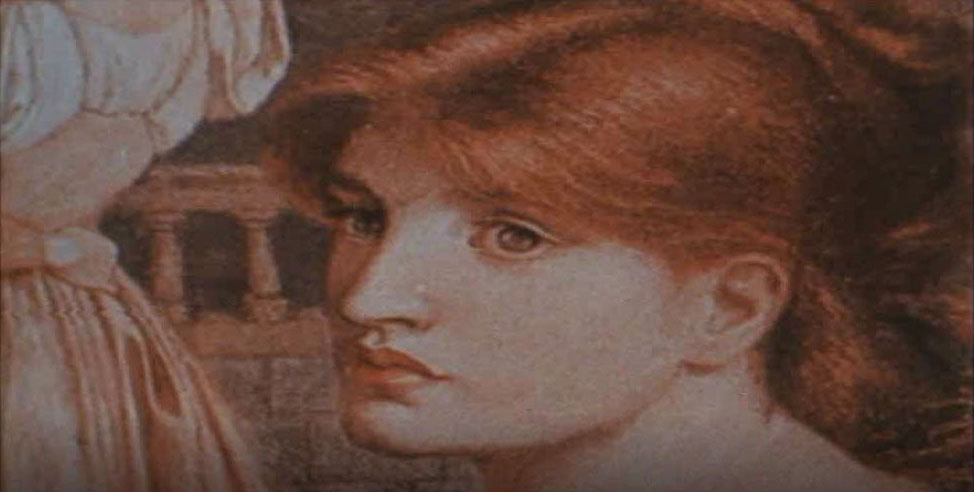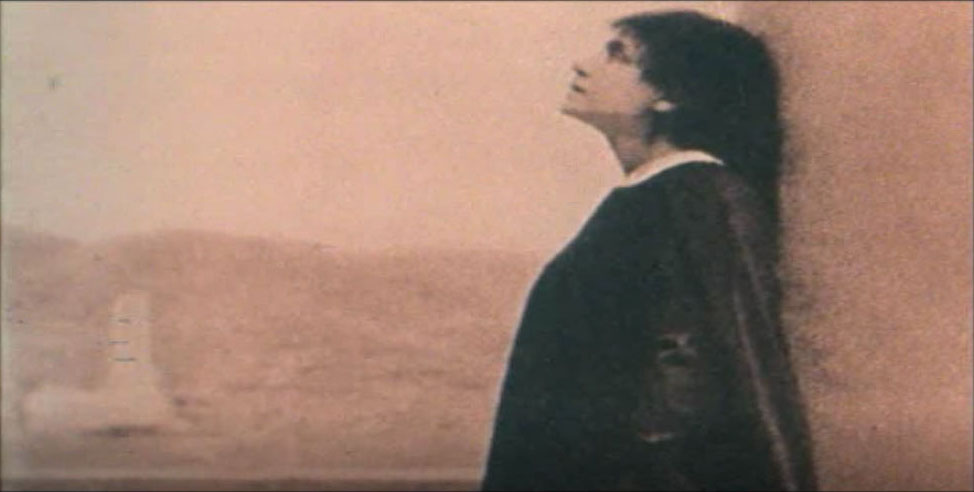EMISSION QUATRE TEMPS
From 1968 to 1972-73 with ORTF (Office de Radiodiffusion Télévision Française), as Jean-Christophe Averty’s assistant he made a series of films directed by Michèle Arnaud, for the “Quatre Temps” afternoon programme in which Françoise Hardy, Jacques Dutronc, Johnny Hallyday, Sylvie Vartan and Marie Laforêt sang against a backdrop of sets by Giuseppe Capogrossi, Sonia Delaunay, Wassily Kandinsky, Victor Vasarely, David Hockney and others.
PINK FLOYD: LIVE AT POMPEII
In 1971 he was sent to Pompeii by Michèle Arnaud to follow the shooting of Adrien Maben’s film in the amphitheatre. He made friends with the band and the following year they allowed him to use their music Echoes for his film Balla e il Futurismo.
BALLA ET LE FUTURISME, 1971 (35 mm – duration 52’)
His first film as independent director, it won the Silver Lion at the 1972 Venice Biennale in the art documentaries category. This docufilm project was conceived by Jack Clemente during the Giacomo Balla centenary exhibition at the Galleria d’Arte Moderna, Rome.
Background music: Fireworks by Igor Stravinsky; Echoes by Pink Floyd.
THE INIMITABLE LIFE
Gabriele D'Annunzio - the fashion and the legend (16 mm - duration 62' and 50'')
This is his second film, produced in 1973 by RAI – Rome and RM (Reiner Moritz) – Munich.
The history, life and “political style” of the poet are reconstructed through extensive documentary material on the fashion, art and customs of his time. Images of the flight over Vienna and the adventure of Fiume, of works by Boldini, Klimt, Corcos, Marussig, Dante Gabriele Rossetti and Leon Bakst and of protagonists such as Isadora Duncan and Ida Rubinstein. The poet’s passion for Eleonora Duse is focused on Venice, the Vittoriale and Tuscany, with a musical background of La Traviata and Requiems by Giuseppe Verdi, Wagner and Debussy.
RAUSCHENBERG AND POP ART
His third film, produced by Michèle Arnaud and Reiner Moritz in 1973, was shot between New York and Captiva Island in Florida, in the artist’s studios. Due to illness, Clemente was unable to complete the editing, which was finished by Rauschenberg himself.
